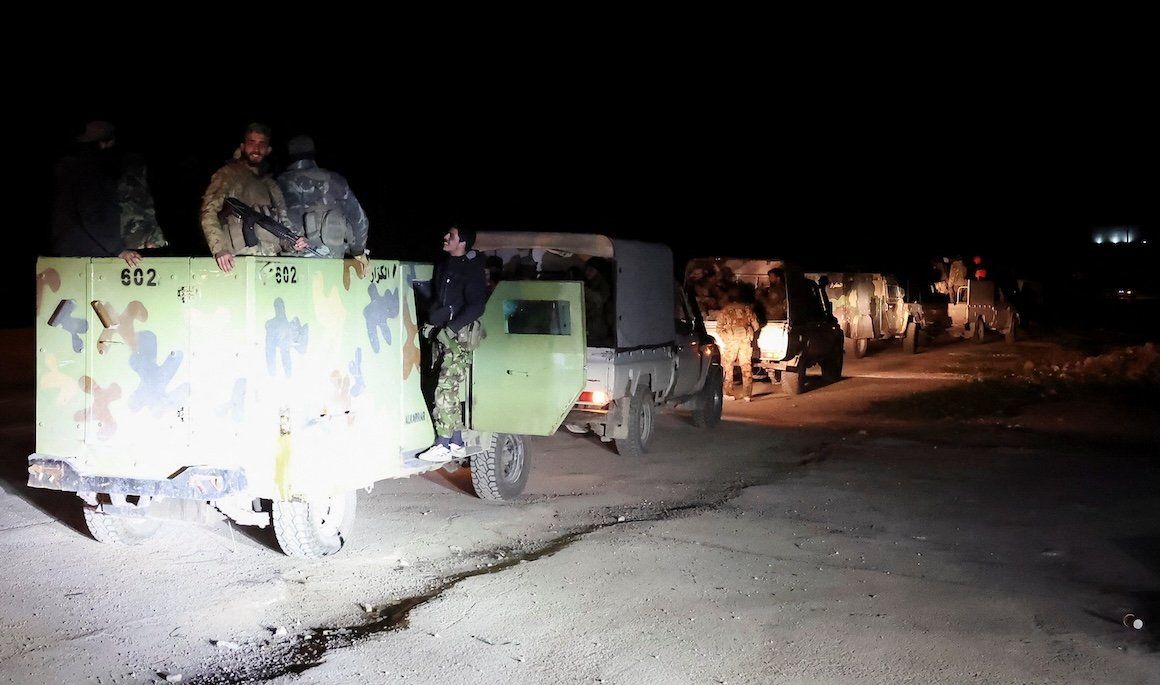Nearly 50 people were killed on Thursday in the
deadliest clashes Syria has seen since the overthrow of
Bashar Assad. Pro-Assad militants attacked security checkpoints around the western coastal town of Jableh, a stronghold of the former regime.
The militants killed 16 police personnel, and the response from Syrian security forces killed 28 militants and four civilians.
Ahmad al-Sharaa, Syria’s new president, led jihadist militias in the overthrow of Assad back in December. He is now leading Syria through a transitional period before elections can be held. But sectarian violence continues, and tensions have been flaring in Alawite regions that have been subjected to attacks by Sunni militants.
Military reinforcements were sent to Jableh late Thursday, and curfews are in place in the region's Alawite-populated areas. Officials say everything is under control and are calling for an end to sectarian violence.
